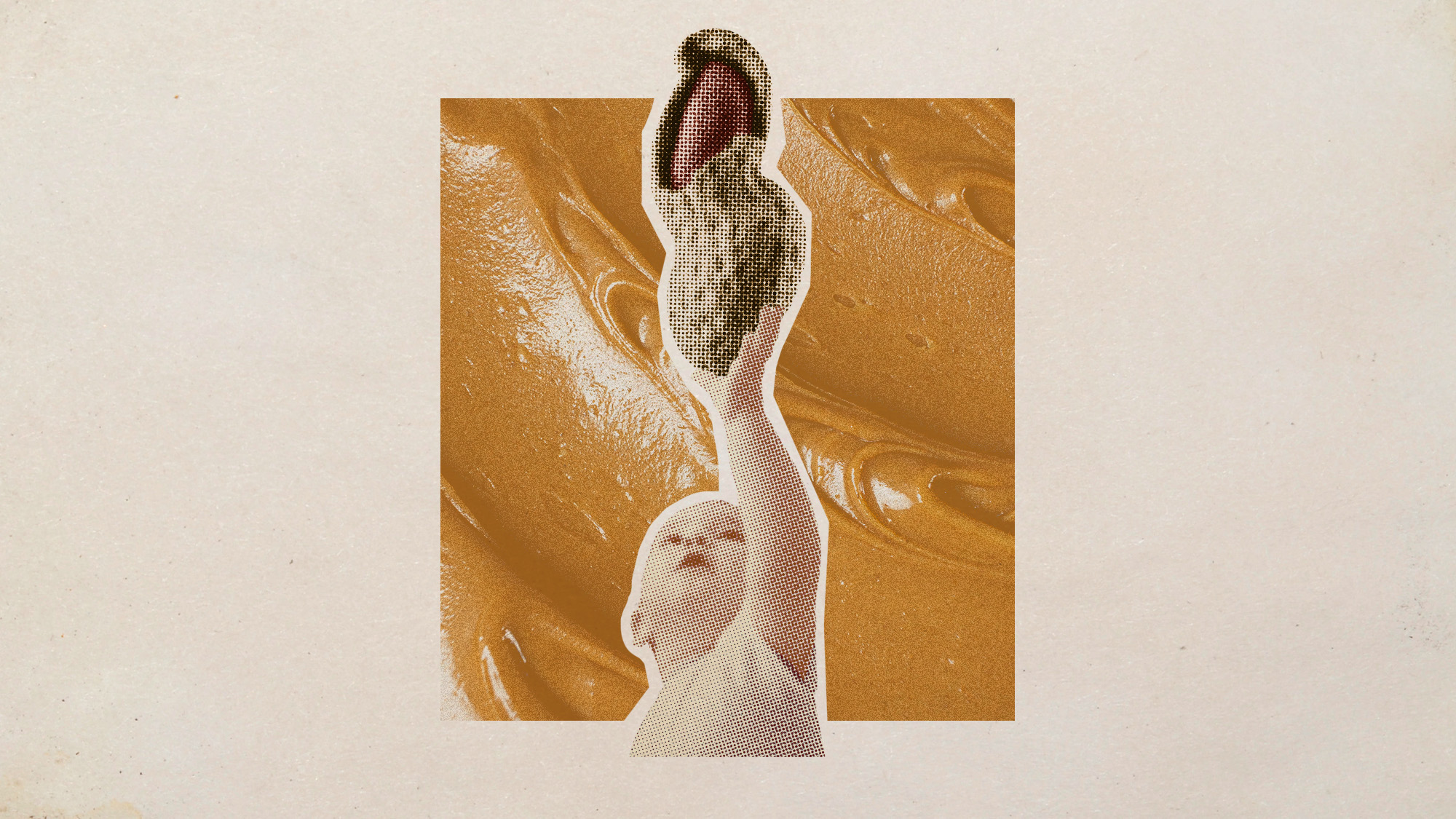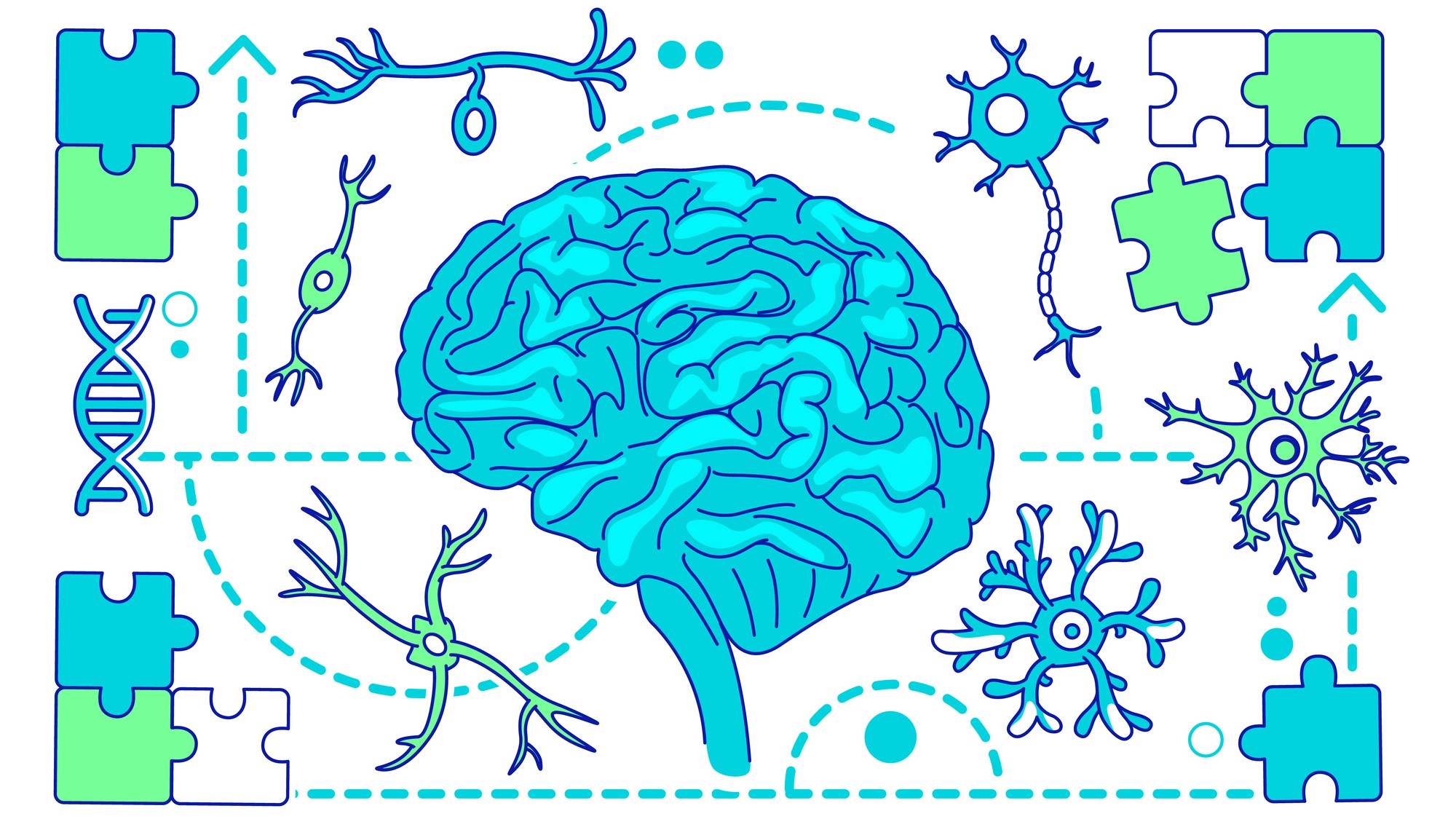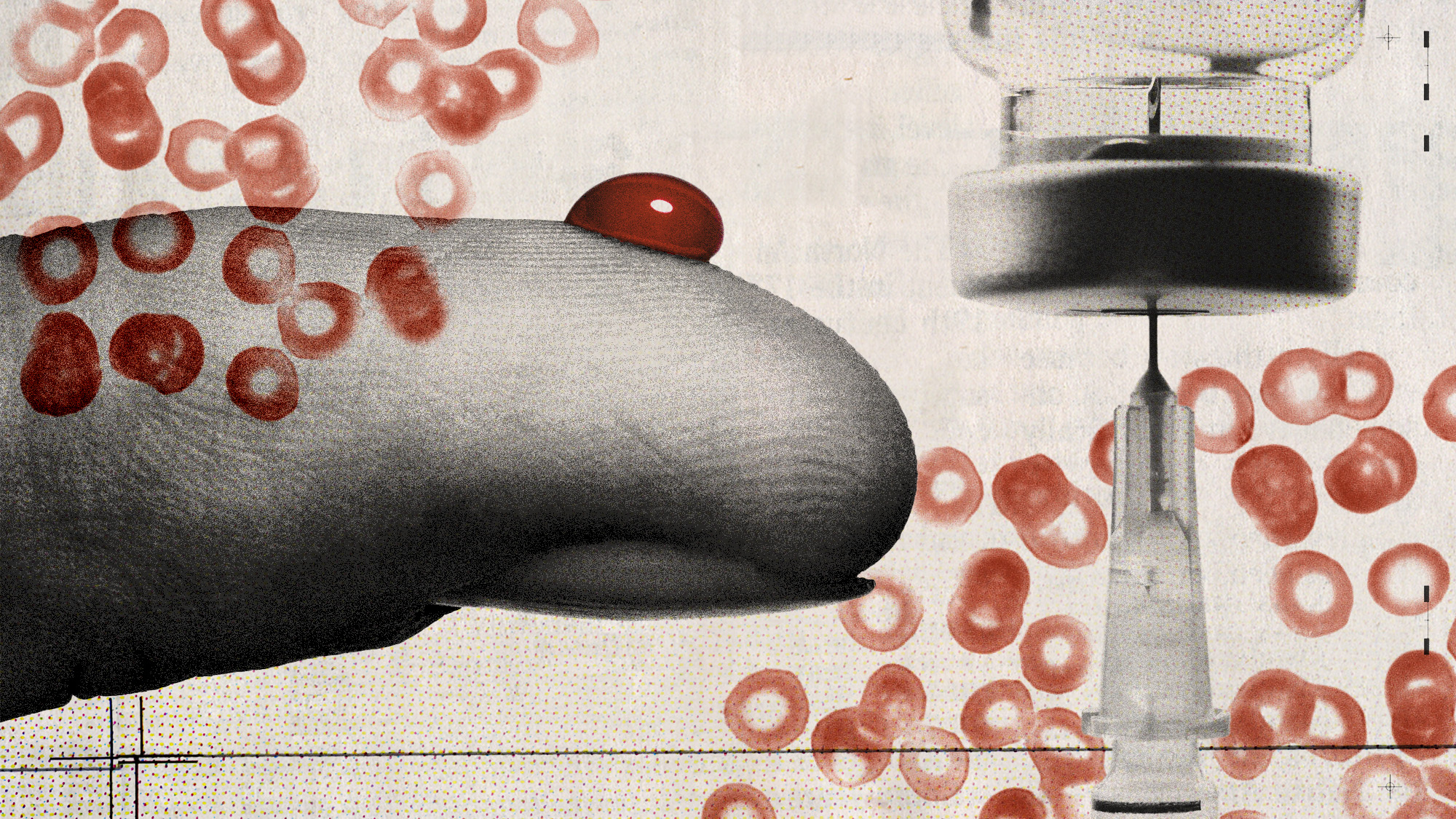The week's best parenting advice: July 6, 2021
What experts say about vaccines and heart inflammation, tips for applying sunscreen to kids, and more


A free daily email with the biggest news stories of the day – and the best features from TheWeek.com
You are now subscribed
Your newsletter sign-up was successful
1. Heart inflammation and the COVID vaccine
The Centers for Disease Control and Prevention recently announced that some teens and young adults had experienced heart inflammation after receiving the COVID-19 vaccine. That sounds scary, and indeed, myocarditis and pericarditis should not be ignored. But it's important to put this "extremely rare" side effect into perspective. About 500 young people under the age of 30 have reported it, often following their second vaccine dose. Symptoms are usually mild and "have lasted just a couple of days; most of the inflammation has been fairly straightforward to treat," writes Katherine J. Wu at The Atlantic. No deaths have been reported. On the flip side, COVID-19 has infected millions of young people and killed more than 300 under age 18. "If I had to take my chances, I'd rather take my chances with the adverse effects of myocarditis down the road than with an actual viral infection," Thomas Murray, a pediatric infectious disease physician and the associate medical director for infection prevention at Yale New Haven Children's Hospital, told The Atlantic.
2. How to apply sunscreen when your kid hates it
It's beach season, which means it's sunscreen season. How much should kids be wearing, exactly? More than you think, says Meghan Moravcik Walbert at Lifehacker. In fact, just assume they're not wearing enough — and apply more. Go for a high-SPF option, reapply every two hours, "and don't forget to hit the tops of the feet and hands, the ears, the back of the neck, the top of the head, and the lips." If your kid is extra squirmy or hates applying sunscreen, Moravcik Walbert suggests trying a countdown: "Count down — or up — to a set number so they know when the torture will end." If that doesn't work, apply it when they can't escape, like when they're in the car seat or stroller. Or better yet, "build it into your regular going-outside routine so they come to accept it as part of leaving the home."
The Week
Escape your echo chamber. Get the facts behind the news, plus analysis from multiple perspectives.

Sign up for The Week's Free Newsletters
From our morning news briefing to a weekly Good News Newsletter, get the best of The Week delivered directly to your inbox.
From our morning news briefing to a weekly Good News Newsletter, get the best of The Week delivered directly to your inbox.
3. Helping a 'shy' child
How can parents support a "shy" child? It's all about striking a balance, says Melinda Wenner Moyer at The New York Times. "Don't coddle your shy child, but don't force them into frightening situations," she says. If you take them to social engagements, talk about it beforehand so they know what's coming. "Rehearsing" a potentially stressful situation with your child like this can help take the edge off. Let them sit with you if they wish, and offer them a "secret signal" they can give when they're feeling anxious, so you can be extra supportive. This could be a squeeze of your hand, for example. And remember they probably won't be shy forever. "We don't want to pigeonhole kids in the preschool years — 'they're going to be shy or outgoing' — because there"s still a lot of change that can happen," Vanessa LoBue, a psychologist at Rutgers University, told the Times.
4. Nighttime potty training tips
Parents of toddlers know potty training can be a long and messy process, and night training is usually the last step in the journey. When, exactly, should kids stop having nighttime accidents? It varies from child to child — most are night trained by age 5 — so don't rush it. "I would say to wait at least six months after your child is fully daytime trained to start thinking about transitioning to nighttime training," Dr. Jazmine McCoy, clinical psychologist and founder of The Mom Psychologist, tells Fatherly. You'll know they're ready if they have few daytime accidents and are staying dry through any naps. Start building a routine in which your child visits the potty 30 minutes before bed, and again right before lights out. And do yourself a favor by protecting their bed with two sheets and two linings so you can just remove the top one in case of a midnight accident. "This makes for much smoother bed changes when you are groggy and your child is wet and uncomfortable," writes Fatherly's Christian Dashiell.
A free daily email with the biggest news stories of the day – and the best features from TheWeek.com
5. Alexa, let's read
Depending on your tolerance for semi-dystopian technological advances, you might be pleased to know that Amazon's Alexa can now help kids learn to read. "Reading Sidekick" is a new feature included in the Kids Plus service on most Alexa-enabled devices that will listen to a child read a book aloud and offer help on things like pronunciation, or simply read to the child as he or she follows along with the book's text. As Dan Seifert at The Verge notes, Alexa won't "follow up with any sort of comprehension questions to see how much the child retained or understood from the book. There's no test or quiz component; it's best to think of this as edutainment than a replacement for a proper learning curriculum." If you're looking to keep your kid reading the old-fashioned way this summer, check out The Week Junior's top 50 book recommendations for kids, and join the Summer of Reading program.
Jessica Hullinger is a writer and former deputy editor of The Week Digital. Originally from the American Midwest, she completed a degree in journalism at Indiana University Bloomington before relocating to New York City, where she pursued a career in media. After joining The Week as an intern in 2010, she served as the title’s audience development manager, senior editor and deputy editor, as well as a regular guest on “The Week Unwrapped” podcast. Her writing has featured in other publications including Popular Science, Fast Company, Fortune, and Self magazine, and she loves covering science and climate-related issues.
-
 The ‘ravenous’ demand for Cornish minerals
The ‘ravenous’ demand for Cornish mineralsUnder the Radar Growing need for critical minerals to power tech has intensified ‘appetite’ for lithium, which could be a ‘huge boon’ for local economy
-
 Why are election experts taking Trump’s midterm threats seriously?
Why are election experts taking Trump’s midterm threats seriously?IN THE SPOTLIGHT As the president muses about polling place deployments and a centralized electoral system aimed at one-party control, lawmakers are taking this administration at its word
-
 ‘Restaurateurs have become millionaires’
‘Restaurateurs have become millionaires’Instant Opinion Opinion, comment and editorials of the day
-
 Scientists are worried about amoebas
Scientists are worried about amoebasUnder the radar Small and very mighty
-
 Metal-based compounds may be the future of antibiotics
Metal-based compounds may be the future of antibioticsUnder the radar Robots can help develop them
-
 Peanut allergies have plummeted in children
Peanut allergies have plummeted in childrenUnder the radar Early introduction could be an effective prevention method
-
 Human evolution may be responsible for autism rates
Human evolution may be responsible for autism ratesUnder the radar Neurodiversity and a complex brain may go hand in hand
-
 Scientists are speeding up evolution
Scientists are speeding up evolutionUnder the radar Proteins can evolve in minutes
-
 A new subtype of diabetes was found and it may require different treatment
A new subtype of diabetes was found and it may require different treatmentUnder the radar It is prevalent in Black Africans and Americans
-
 Scientists are developing artificial blood for use in emergencies
Scientists are developing artificial blood for use in emergenciesUnder the radar It could aid in global blood shortages
-
 Babies born using 3 people's DNA lack hereditary disease
Babies born using 3 people's DNA lack hereditary diseaseUnder the Radar The method could eliminate mutations for future generations
